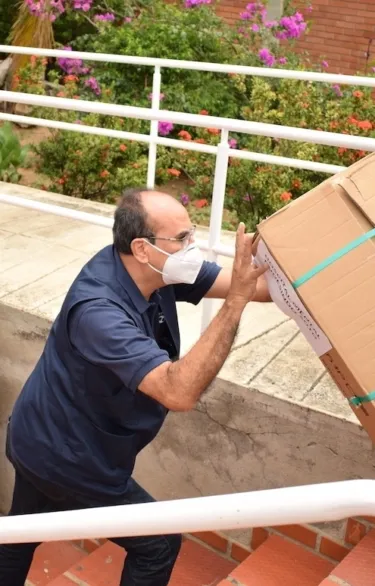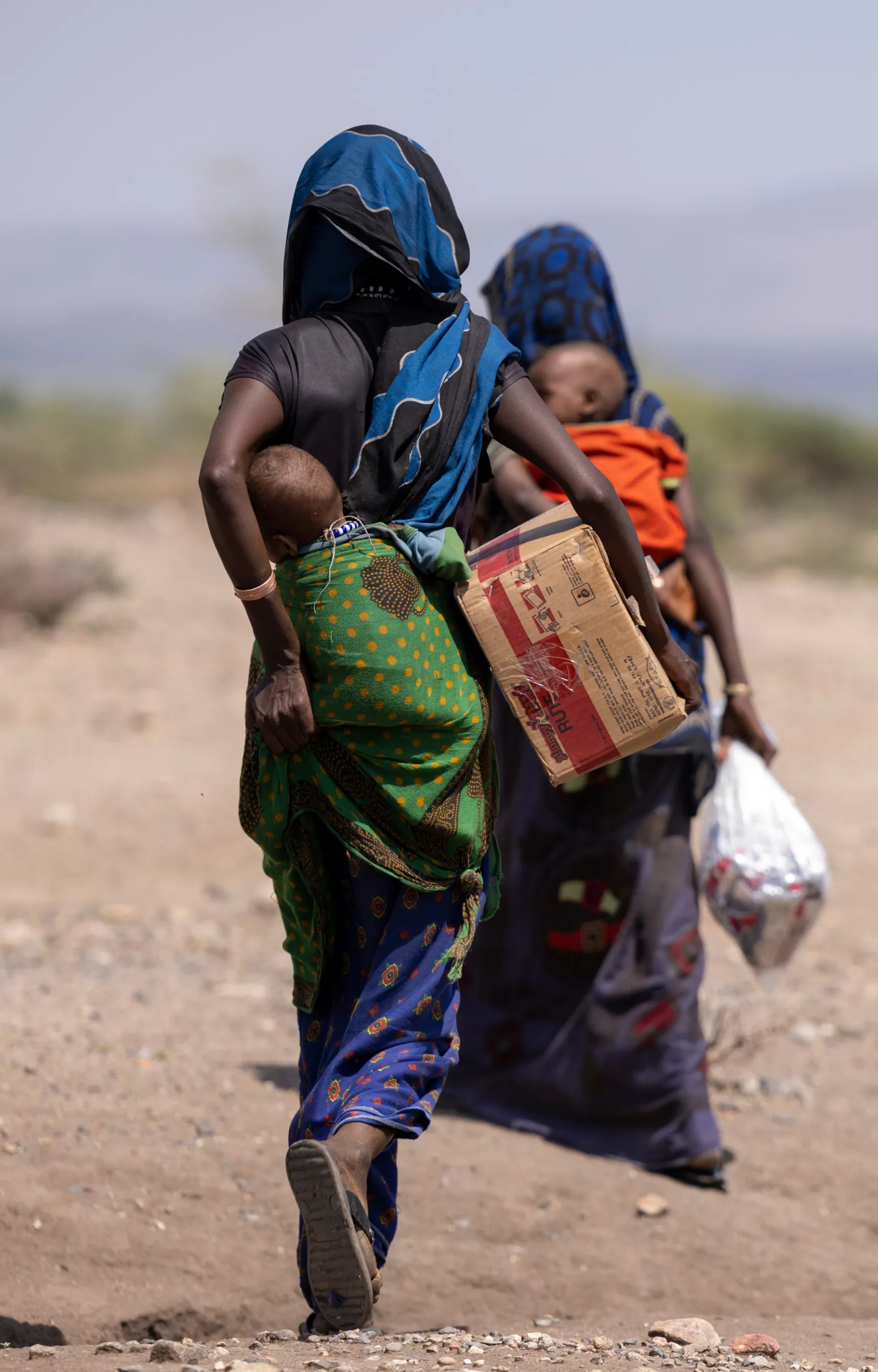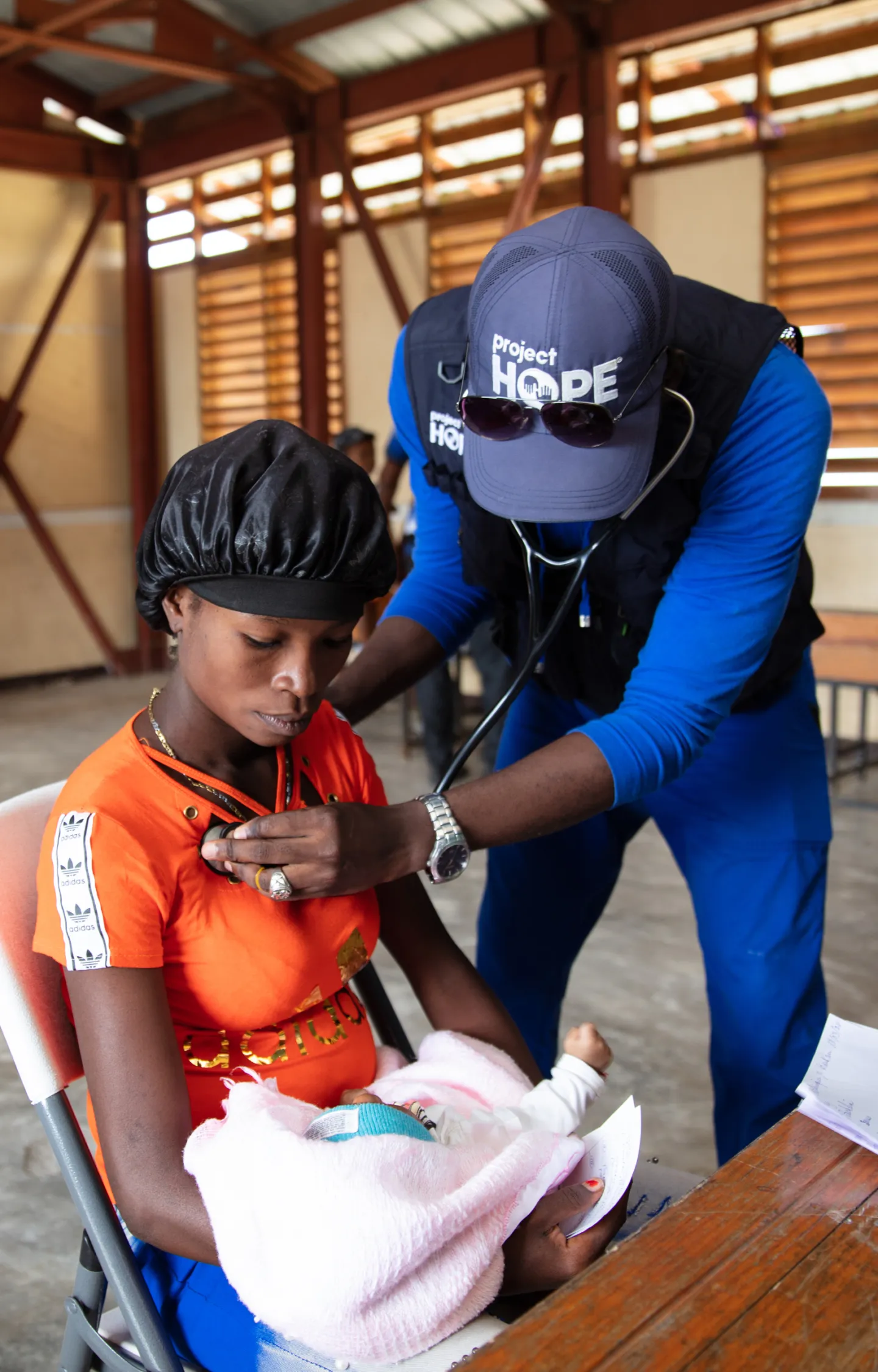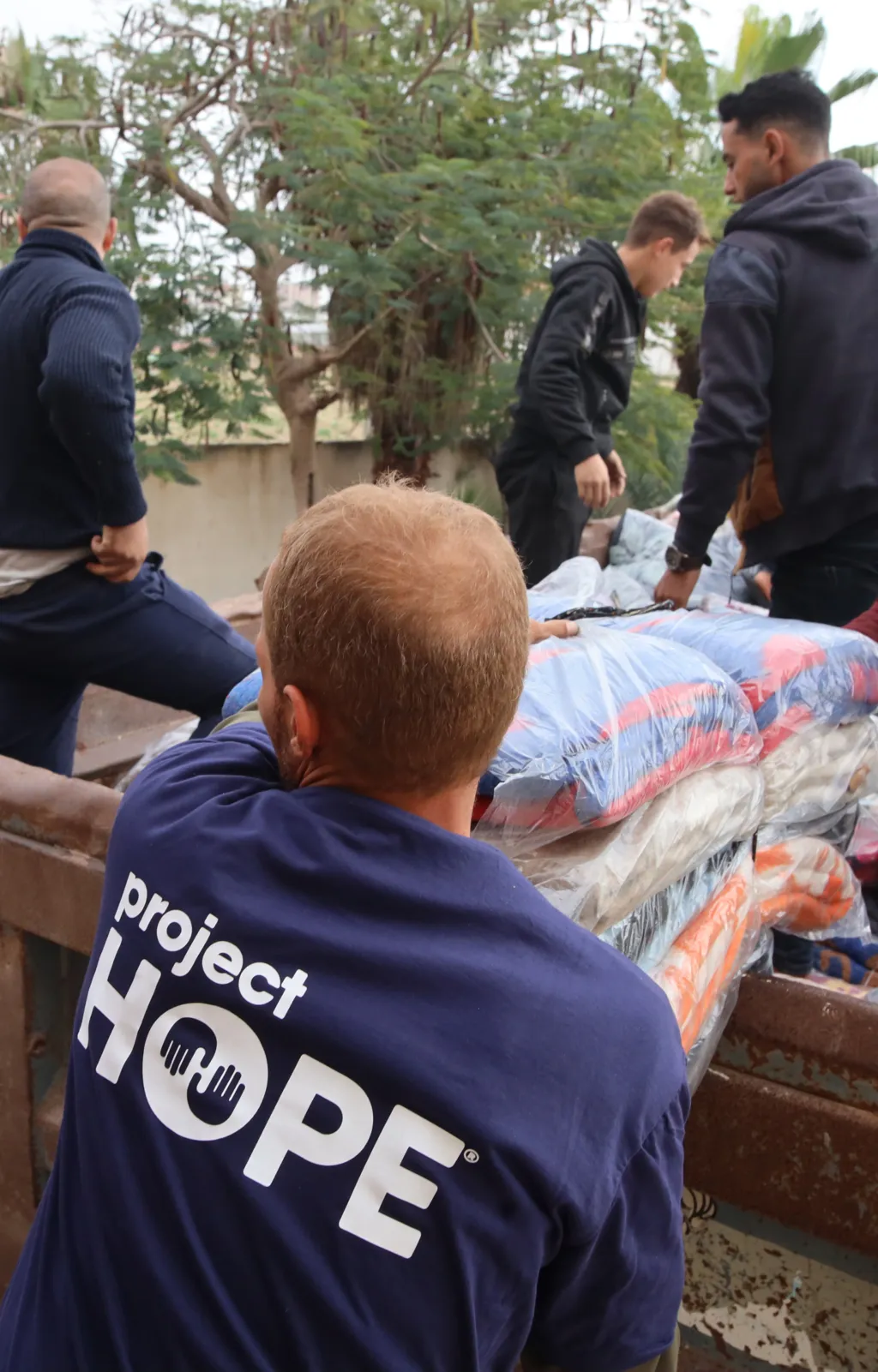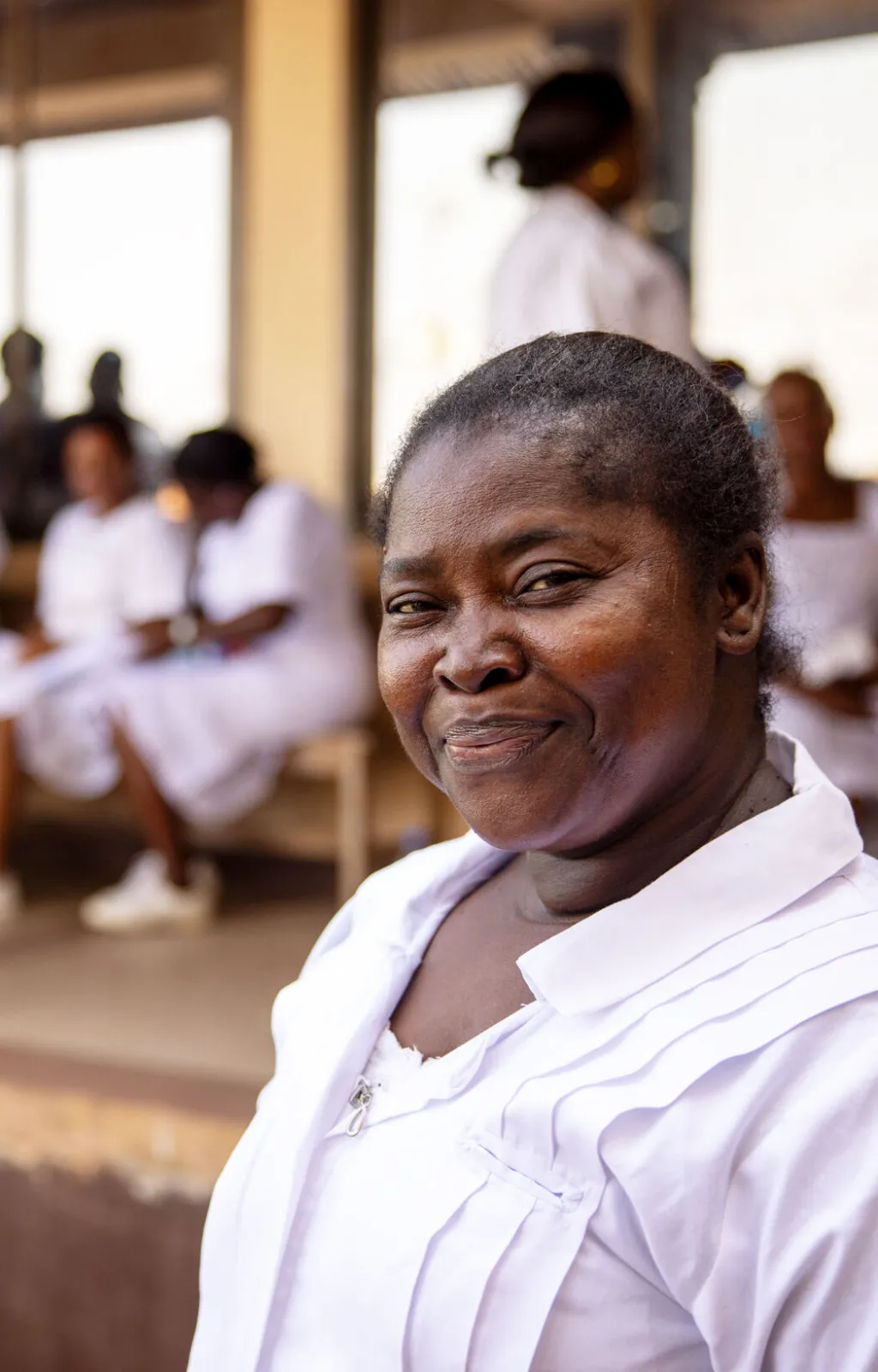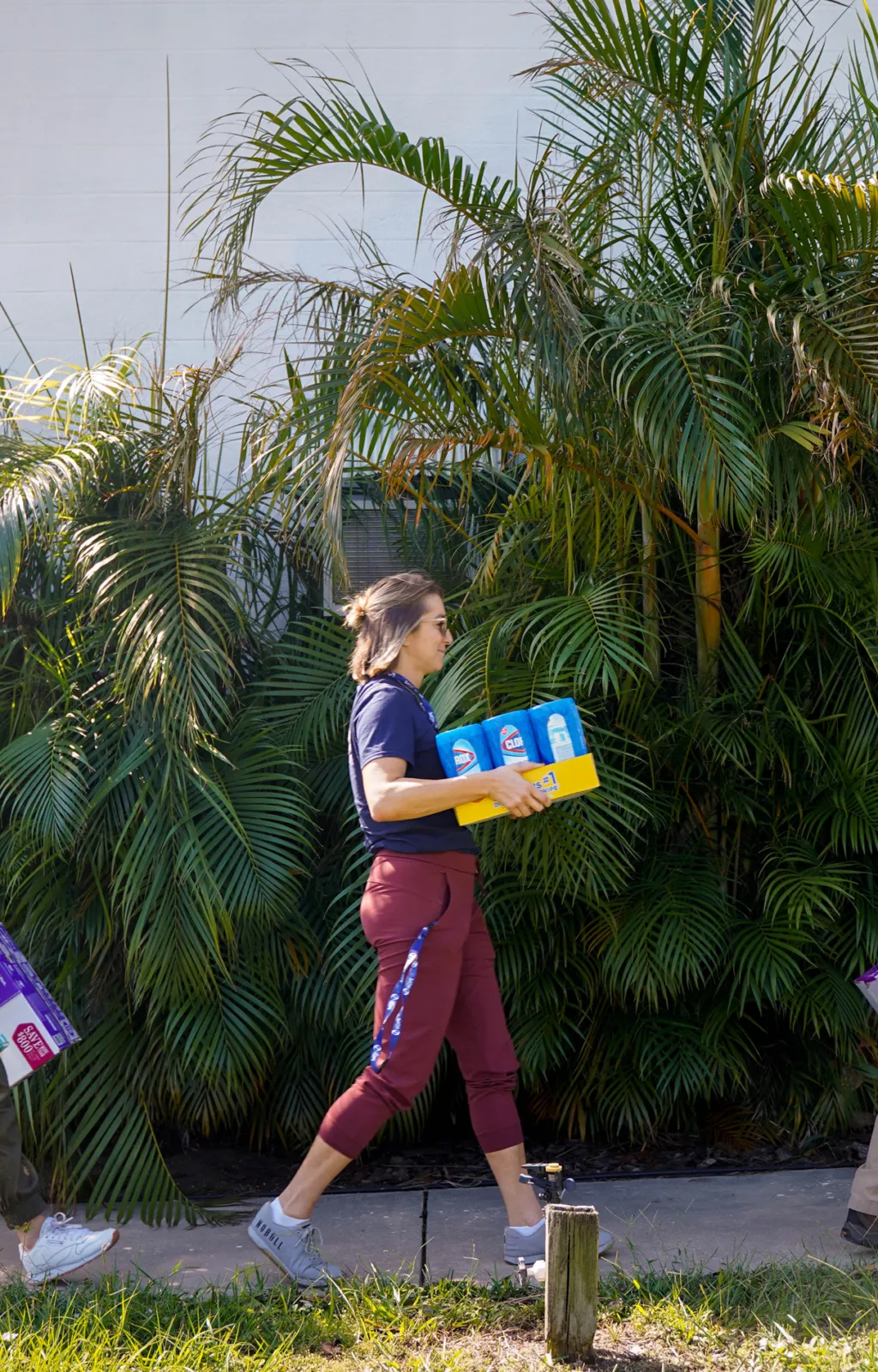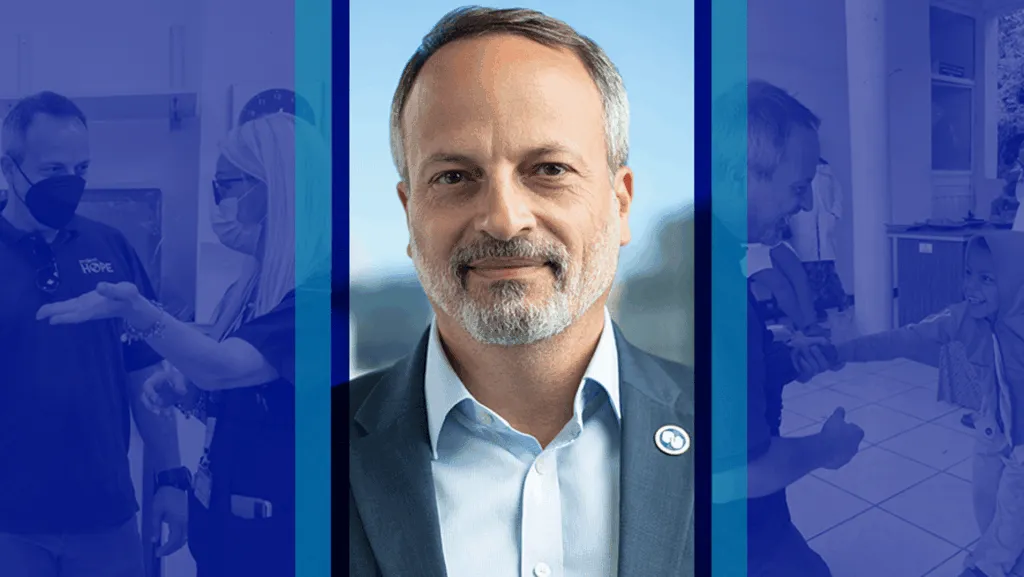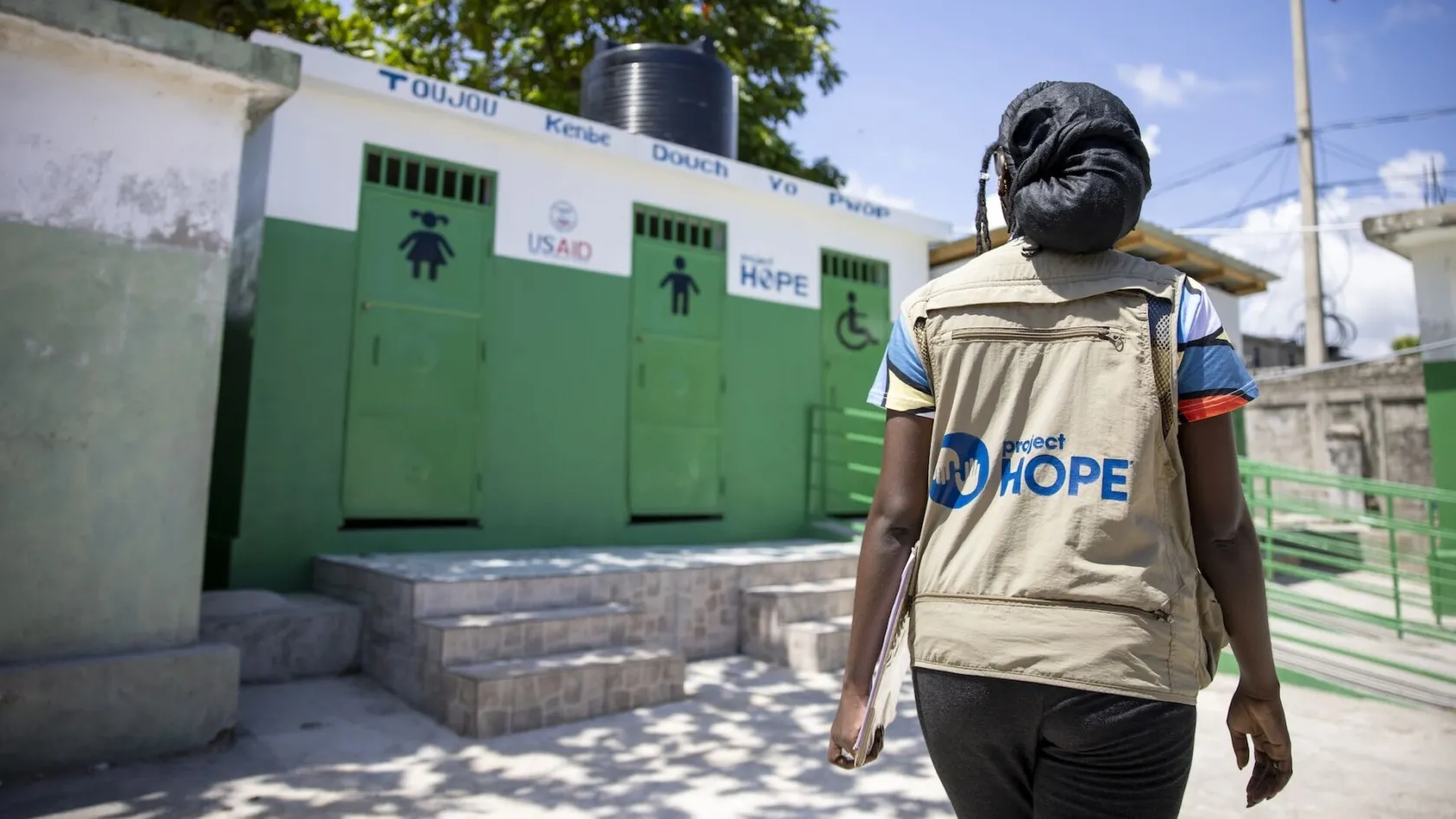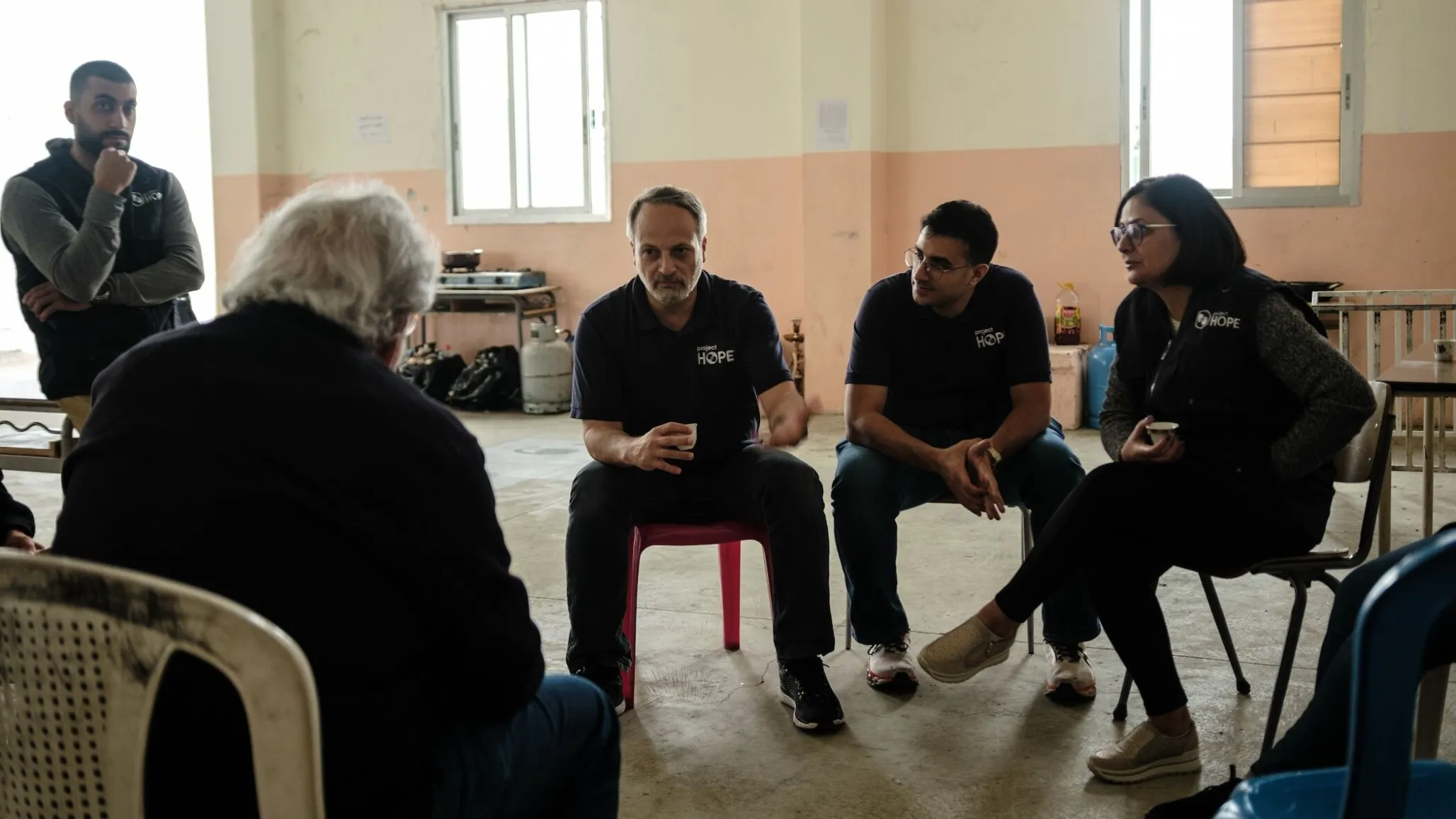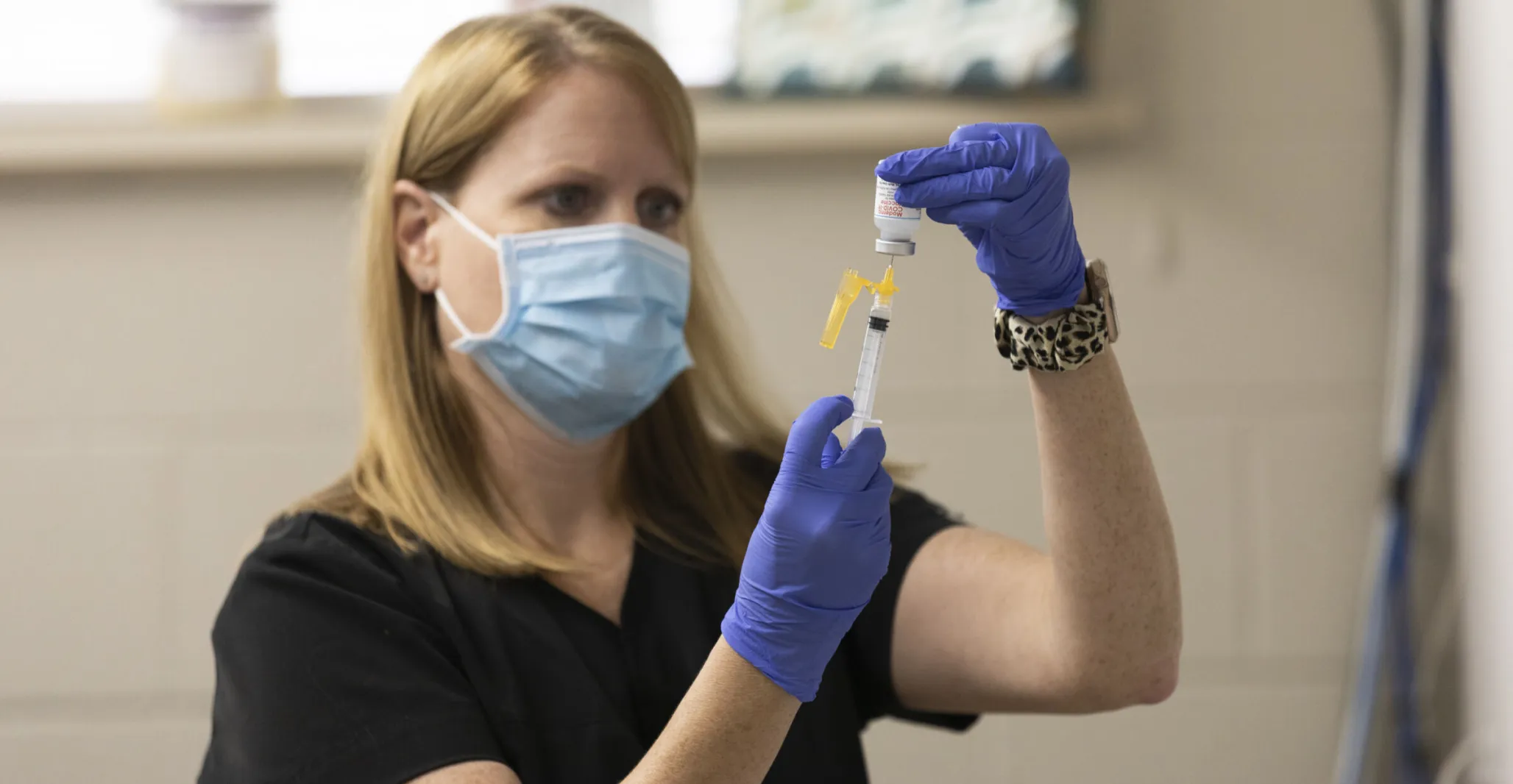

Disease Outbreaks
Strengthening public health systems to improve Global Health Security
Our Approach
Infection prevention and control is at the root of Global Health Security. Project HOPE works to strengthen public health systems so that communities can prevent the spread and outbreak of infectious diseases, detect possible outbreaks, and respond quickly to public health disease threats.
The increasing interconnectedness of our world means that health threats can travel and spread like never before, requiring greater preparedness and response mechanisms.
Around the world, Project HOPE:
- Equips local health workers with the training and resources to respond to disease outbreaks
- Strengthens infection prevention and control measures in clinics, hospitals, and labs
- Enhances cross-sectoral mechanisms for coordination and communication related to outbreaks
- Upgrades health infrastructure to improve early detection disease surveillance systems and implement electronic reporting
- Enhances the capacity of local health systems to detect and respond to outbreaks
- Assists health systems to strengthen immunization, outbreak, and antimicrobial resistance protocols
The Context
New diseases emerge every year due to climate change, while globalization enables diseases to spread farther and faster.
Whether it’s cholera in Haiti and diarrhea in Sudan or deadly respiratory viruses like SARS (2002), H1N1 influenza (2009), MERS-CoV (2012), and Ebola (2014), these outbreaks have long-lasting effects on society, taking countless lives, threatening food security, destabilizing governments, and disrupting economies.
The COVID-19 pandemic exposed the weak points of our health systems — a lack of preparedness and diminished capacity to prevent, detect, and respond in times of crisis. Furthermore, it exhausted our already strained global heath workforce and set back progress on child immunizations, mortality rates, and more.
With the entire world reeling from the fight against COVID-19 and nervously watching as new variants arise, the importance of improving Global Health Security has never been clearer.
Project HOPE continues to address disease outbreaks in accordance with the goals of the World Health Organization’s One Health Initiative and the 2005 International Health Regulations.

